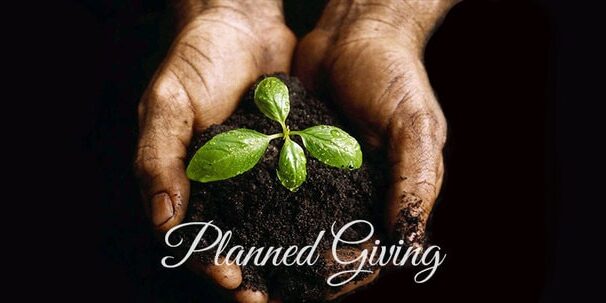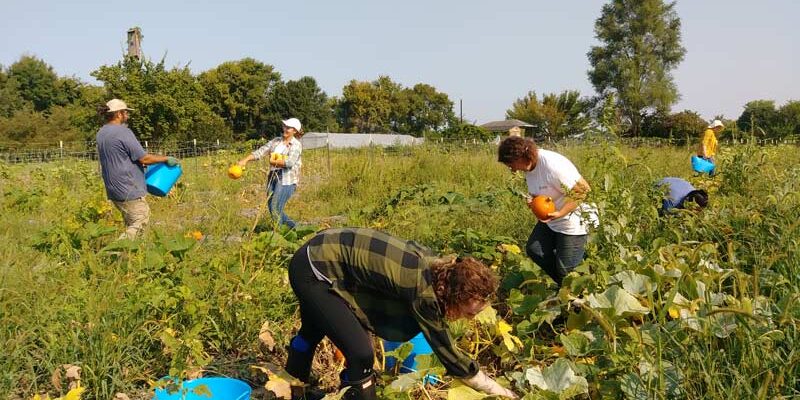Everything is connected – Our Water
Note: We want to share these blogs which have been adapted from “Our Common Home,” a joint initiative of the Dicastery for Promoting Integral Human Development along with the Stockholm Environment Institute (SEI). This is the third in a series of eight blogs.
Laudato Si’: On Care for Our Common Home
Our Common Home/SEI: A joint initiative of the Dicastery for Promoting Integral Human Development and the Stockholm Environment Institute (SEI) has produced an excellent guide for caring for our living planet. This guide aims to inform, inspire hope, and stimulate debate and action as it set out essential facts and solutions on key topics, along with advice on how communities can respond.
It is inspired by Pope Francis’ second encyclical, Laudato Si’: On Care for Our Common Home, which explores our ecological crisis and its roots in over-consumption and current models of economic development.
Using this guide as a resource, the Climate Change Task Force/Laudato Si’ Action Platform Team presents a series of blogs that cites what needs to change and practical examples of how to take action that is SMART. This third of the series focuses on our water.

Our Water (Adapted from Our Common Home/SEI)
“Access to safe drinkable water is a basic and universal human right.” – Laudato Si’ (30)
We have a moral obligation to ensure everyone has access to enough clean water to meet their fundamental human needs. Yet increasing numbers of people lack reliable supplies of water, especially the poor.
We can ensure access to safe drinking water, sanitation for all, and sustainable use of water in agriculture and industry by treating it as a precious resource and conserving and managing it in a fair and sustainable way.
Access to clean water is a growing challenge
More and more people lack clean water for drinking, washing and irrigating crops. Sometimes this is because there simply isn’t enough water, or because it is overused, wasted or polluted.
Water use has grown at more than twice the rate of population increase in the last century, and more regions are reaching the point where there won’t be enough water for people’s future needs. Climate change is also causing shortages and droughts in some areas and flooding in others.

By 2025, two-thirds of the world’s people could face water shortages
Around 4 billion people suffer severe water scarcity for at least one month each year – especially in poorer countries and in rural areas. Fast-growing cities around the world also face severe water shortages and often divert freshwater away from rural lands. Water pollution from pesticides and chemical fertilizers is a major problem, while wasteful use of water and global warming also threaten supplies. Currently, 3.6 billion people live without safely managed sanitation and 1.7 billion lack even basic sanitation. This exposes them to cholera and other deadly waterborne diseases.
What needs to change?
Water must be treated as a scarce and precious resource. We need to use less of it and use it more efficiently. Education on conserving water is crucial for helping people change the ways they use it.
Wasteful irrigation practices must be tackled. We must reduce pollution in rivers, groundwater and seas and cut overuse of chemical fertilizers and pesticides in agriculture.
We can save resources by recycling rainwater and wastewater. By protecting forests, we can also protect watersheds and rivers. Because global warming is a cause of water shortages, these issues need to be tackled together.


